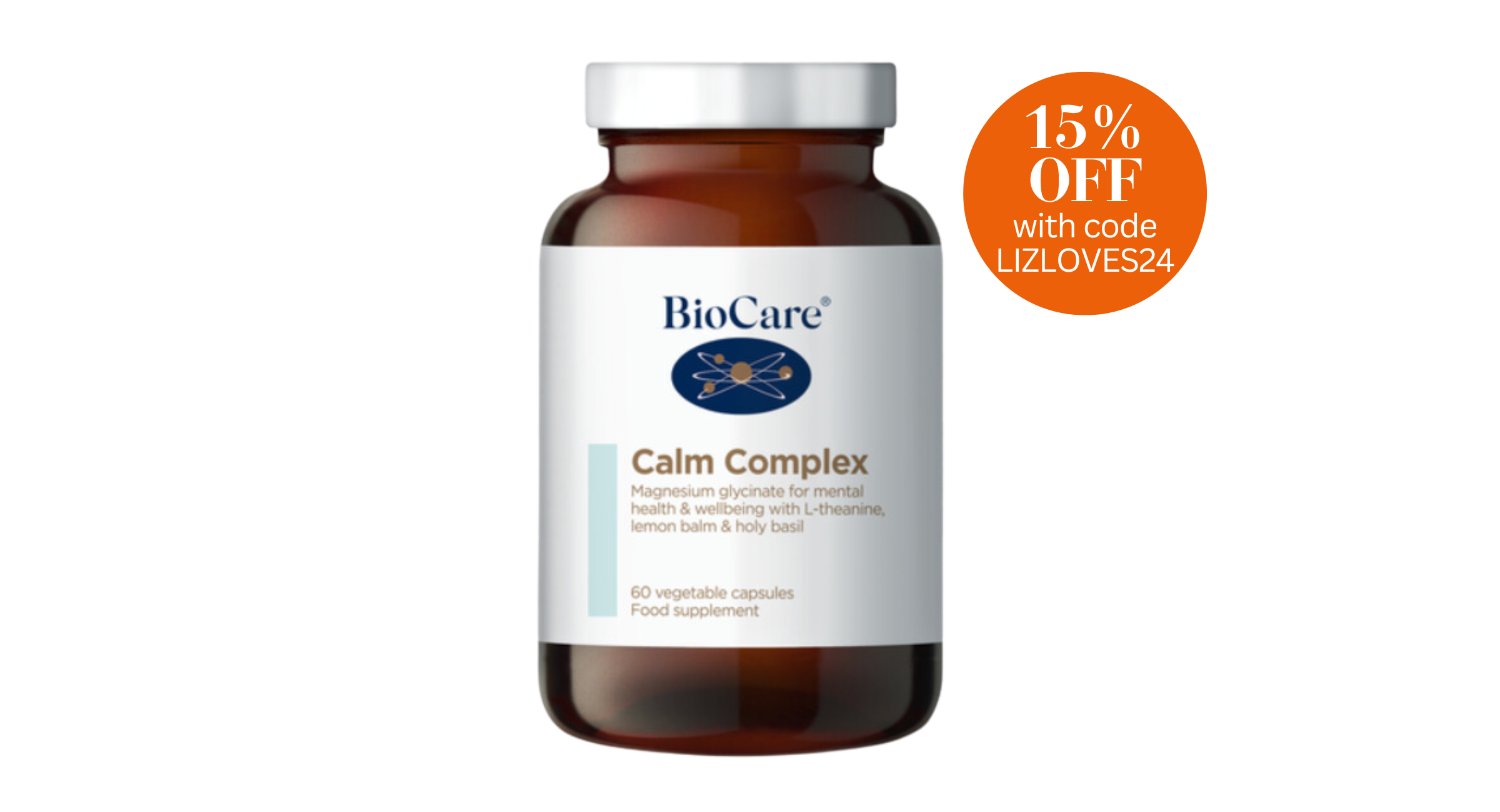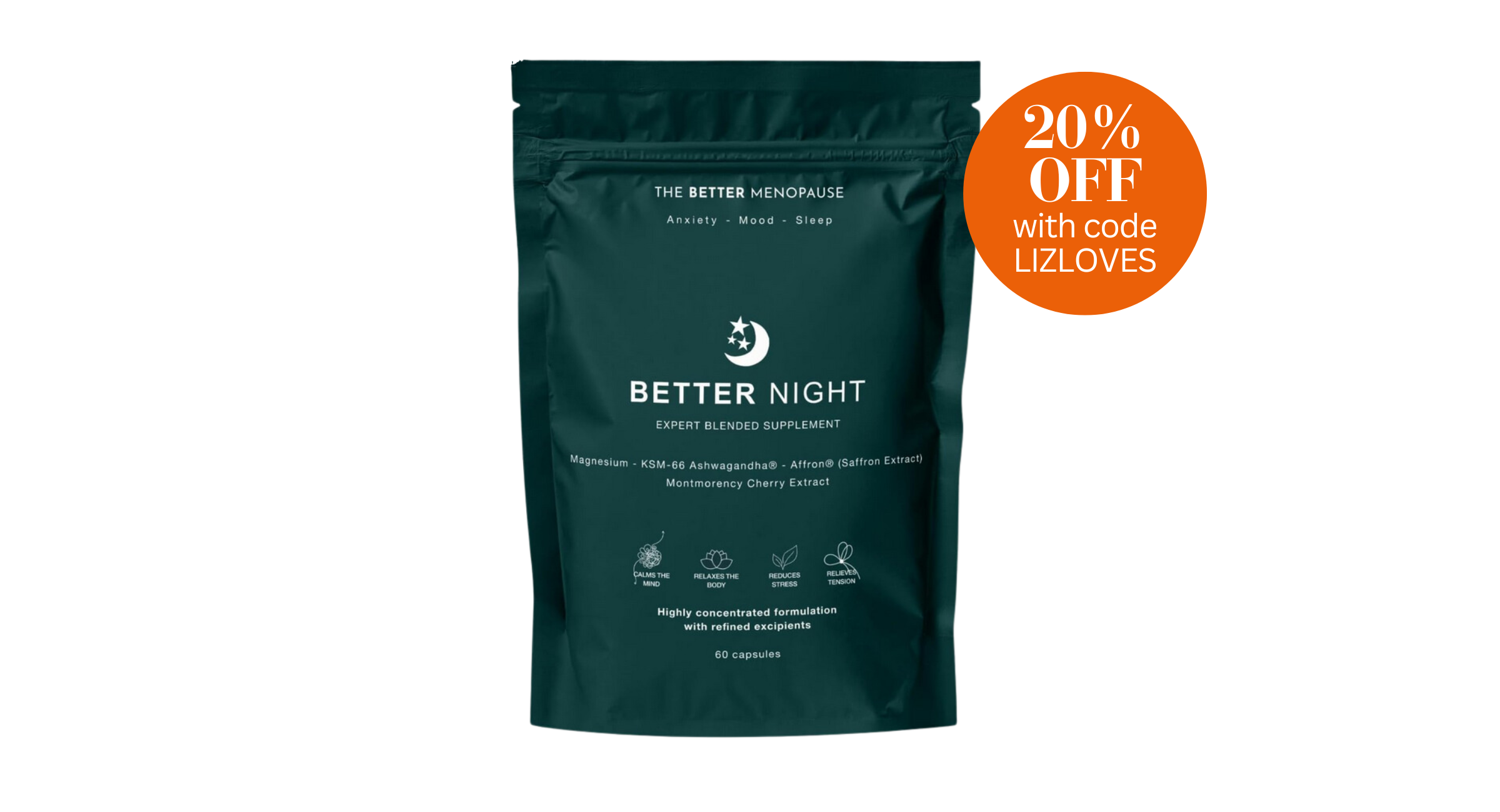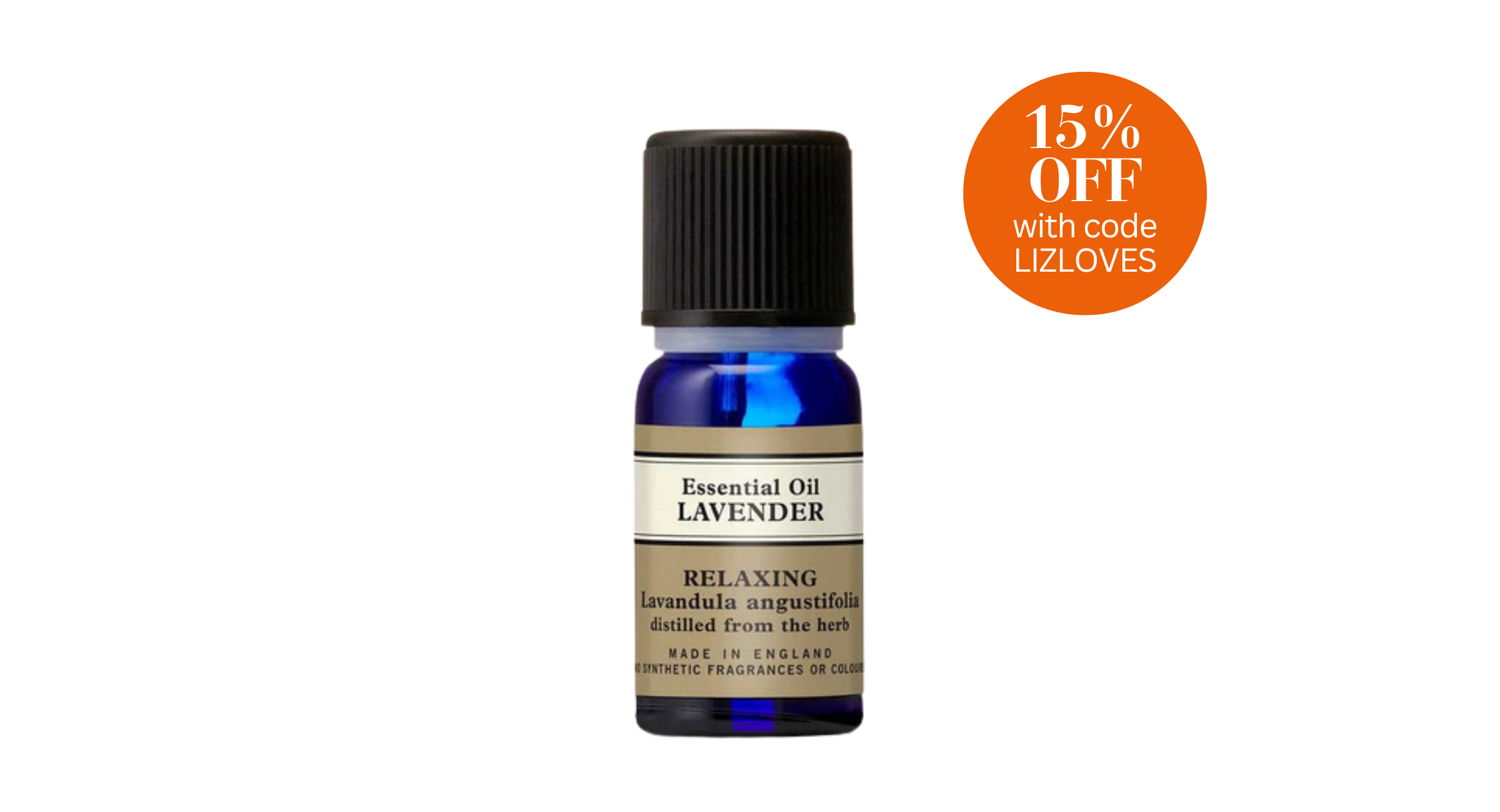Health
8 of the best sleep supplements to help you drift off in midlife
It’s tempting to overlook how vital sleep is for our overall health and longevity. It’s just collapsing into bed and letting the body do the best it can, right? Wrong. Sleep is one of the most fundamentally active aspects of living and ageing well.
While having a healthy lifestyle, prioritising a bedtime routine and considering HRT are key when it comes to good sleep in midlife, supplements may help.
Here, Liz explains the key ingredients to look out for.
The best supplements for sleep
Magnesium
Our bodies use this electrolyte for hundreds of essential processes, especially within the nervous system, which largely regulates our sleep. Studies show that taking this mighty mineral before bed can improve quality of sleep and help with insomnia, muscle spasms and the restless legs syndrome that can often wake us up in the night. Magnesium also plays a role in maintaining melatonin, the sleep hormone.
Magnesium can be found in many forms. All are likely to be effective, but the one with the most evidence for relaxation is magnesium glycinate. This is the one I take every night before bed.
Some supplements specifically promoted for sleep are blended with other soporific ingredients, such as L-theanine, zinc, ashwagandha and DHEA (a hormonal precursor to making melanin that increases during the REM sleep cycle).
Try it: BioCare Calm Complex

Calm Complex is a unique combination of lemon balm, L-theanine, holy basil, and magnesium glycinate to support relaxation and sleep.
L-theanine
This amino acid is a natural relaxant, reported to help us fall asleep more quickly. Studies show that when we take it, our quality of sleep improves – not by acting as a sedative, but by encouraging the neurotransmitters that relax the body and reduce anxiety.
L-theanine is found in green and black teas. This is why drinking tea can make us feel good (and not too jittery, as it counteracts the caffeine content).
Interesting research has found that taking 400mg daily of L-theanine also improves the sleep quality of boys with ADHD.
Montmorency cherry
These fruits are naturally rich in melatonin, but we would need to eat quite a few to reap their benefits (around 25 sweet or 100 sour Montmorency cherries daily).
Drinking cherry juice is a simpler option, with one study of the elderly showing that drinking tart cherry juice reduced insomnia. Or take an encapsulated or powdered supplement. Taking a Montmorency cherry supplement 30 minutes before bed can help you to feel sleepy earlier.
Try it: The Better Menopause Better Night

Contains a calming blend of magnesium glycinate, lemon balm leaf, Montmorency cherry, and chamomile to soothe mind and body.
Sleepy herbs
There are several herbs that have sedative properties, notably Passiflora, lavender, chamomile and valerian. Passiflora (from the passionflower) has been shown to increase GABA, a calming neuro transmitter, making it especially useful for times when we’re feeling anxious and need to switch off our brains for better sleep. Studies trialling Passiflora have found it to be helpful for relieving menopausal symptoms too.
Lavender is the scent that helps me drift off to sleep at night and sprinkling a few drops of the oil on my pillow is part of my nightly go-to sleep ritual. Taking lavender supplements, such as tinctures, also show benefits for those with disturbed sleep patterns and general anxiety.
Similar studies using chamomile capsules also showed significant benefits when it comes to improved quality of sleep, suggesting a bedtime cup of chamomile could also be beneficial.
Try it: Neal’s Yard Remedies Lavender Essential Oil

Sprinkle a few drops on your pillow each night to help calm the mind, ready for sleep.
CBD
Entire books have been written about the staggering benefits to be had from using a good-quality CBD oil, but one of the most cited is its power to encourage a better night’s sleep. CBD stands for cannabidiol, one of the major cannabinoids found in the cannabis plant.
Unlike THC, the psychoactive component of cannabis, CBD is legal to use and widely available, usually in the form of drops or edible gummies.
Many studies show that CBD has a calming effect on the brain. It’s also been found to be helpful for some hard-to-treat conditions including epilepsy and fibromyalgia. It’s worth noting that CBD takes a while to integrate into the system, so give it a month or two of consistent use before deciding if it is helpful for you.
Find more of Liz’s tips for health in midlife and beyond in A Better Second Half
Read more in Health
Please note, on some occasions, we earn revenue if you click the links and buy the products, but we never allow this to bias our coverage and always honestly review. For more information please read our Affiliate Policy.
All prices correct at time of publishing.





